|
|
|
Editor's note
|
|
Nau mai haere mai - and welcome to your latest New Zealand newsletter.
First, some exciting news. The Conversation is looking for a deputy editor in New Zealand! If you know someone who might be interested, please spread the word and share the position description.
And now to this week’s stories. Who would want to live forever? Some people have gone as far as cryogenic freezing after death in the hope that, one day, science will have advanced enough to resurrect them. AUT virtual reality researcher David Evans Bailey writes that, in lieu of technology to keep the body alive, others are searching for a route to immortality in the digital realm.
More down to earth, in Climate Explained this week, Motu policy fellow Catherine Leining explains how New Zealand’s emissions trading scheme works, who pays for what and where all the money goes.
And brands are capitalising on the press attention following Alan Jones’ sock-shoving comments, visibly and loudly disassociating themselves from the Australian commentator’s radio show. But is this more than clever marketing? You’ll have to read the article by marketing lecturers Amanda Spry, at RMIT University, and Jessica Vredenburg, at AUT.
There are many more articles in this newsletter and on the New Zealand page, all contributed by experts in their respective fields. You’ll also find a selection of the latest articles published across The Conversation’s international editions, including a fascinating piece about the role New York’s Union Square played in the American free speech movement, written by Victoria University of Wellington professor of
architecture Joanna Merwood-Salisbury.
Many thanks for reading. If you enjoy this newsletter, pass it on to friends and colleagues so they can subscribe. E noho ora mai, he mihi maioha ki a koutou.
|
Veronika Meduna
New Zealand Editor
|

|
|
Top stories
|

If it were possible to download the neural networks of a human brain, could we preserve a computer simulation of that person?
from www.shutterstock.com
David Evans Bailey, Auckland University of Technology
The quest for immortality is as old as humanity itself, but the prospect of being able to copy the neural networks of a person's brain shifts the pursuit of perpetual life into the digital world.
|

Putting a price on greenhouse gas emissions forces us to face at least some of the environmental cost of what we produce and consume.
from www.shutterstock.com
Catherine Leining, Motu Economic and Public Policy Research
Traditional market transactions ignore the costs of greenhouse gas emissions. An emissions trading scheme is a tool to put a price on emissions and to influence us to choose lower-emission options.
|
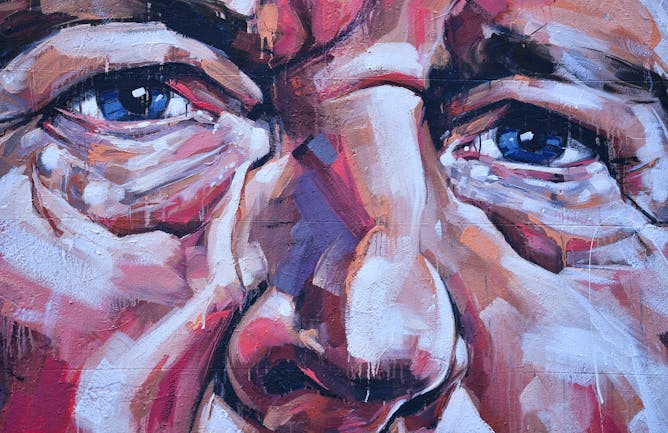
More than 50 advertisers have so far withdrawn from Alan Jones’ 2GB radio show, buoyed by social media campaigns naming and shaming those who remain.
AAP/Paul Braven
Amanda Spry, RMIT University; Jessica Vredenburg, Auckland University of Technology
The advertising boycott of Alan Jones' radio show highlights which companies advertised on it, but ironically, pulling out now could enhance their brand more than if they had never supported the show.
|

Rather than encouraging people to become better citizens, rewards and fines can actually reduce peoples’ natural tendencies to do the right thing by others.
from www.shutterstock.com
Julia Talbot-Jones, Victoria University of Wellington
The idea that a small payment could motivate more people to vote resurfaces regularly, but this ignores evidence that monetary incentives to induce pro-social behaviour can be counterproductive.
|
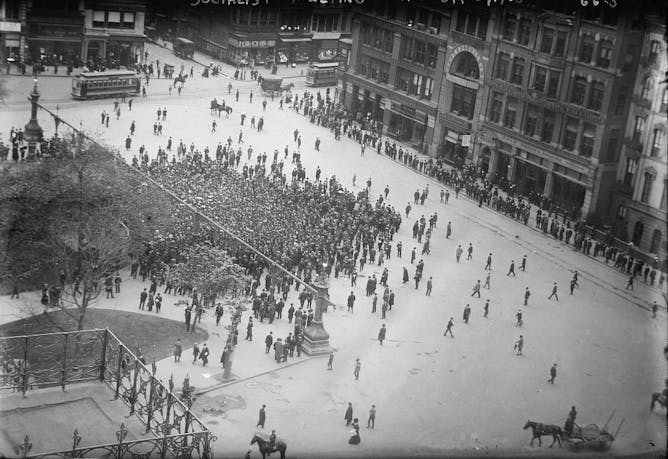
Union Square: contentious political rallies helped progressive social reformers argue for the protection of freedom of speech and freedom of assembly.
Library of Congress Prints and Photographs Division Washington DC, USA
Joanna Merwood-Salisbury, Victoria University of Wellington
New York's Union Square is an important site in American labor history. One scholar's research illustrates the shifting meanings and inherent tensions of public space as an epicenter of civic life.
|

A parent’s attention is gold to a child, and even negative attention is better than none.
pathompong24/Shutterstock
Melanie Woodfield, University of Auckland
Research shows if time out is used occasionally, briefly and the child understands the process, it can be a useful parenting tool for kids aged two to eight.
|
From The Conversation's international editions
|
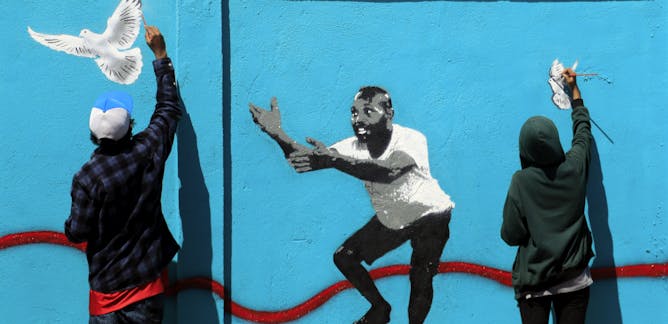
Sara Niner, Monash University
Timor-Leste has had a long and violent history of struggle for self-determination, and while there is much to celebrate, there is also still much to do.
| |
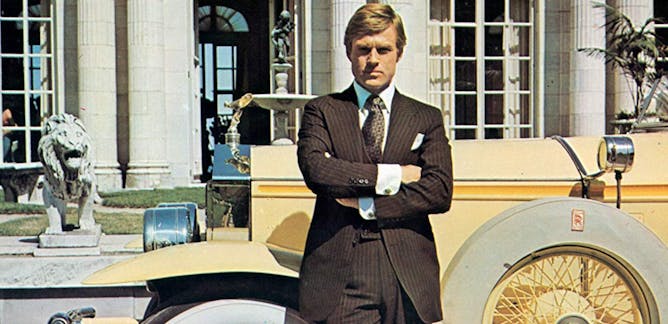
Sascha Morrell, Monash University
Status anxiety and conspicuous consumption generate a dazzling, often surreal poetry in F. Scott Fitzgerald's The Great Gatsby. But Gatsby’s rise and fall exposes deep fissures underlying the American Dream.
|

Danielle Ireland-Piper, Bond University
NASA is reportedly investigating the first alleged crime in space. But criminal jurisdiction aboard the International Space Station is much more straightforward than it would be for space tourists.
| |
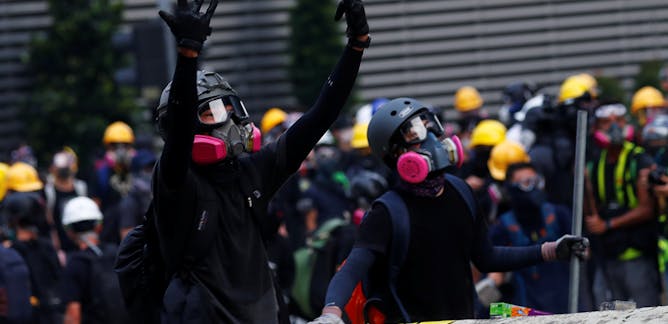
Deana Rohlinger, Florida State University
Why doesn't China put down the protests in Hong Kong? Maybe it doesn't want to.
|

Jeremy Law, University of Glasgow
Based on the current body of evidence, the use of coloured filters should not be recommended as a dyslexia treatment, nor be provided through publicly funded bodies.
| |

Chris Land, Anglia Ruskin University
Beers with sexist names and labels were banned from the Great British Beer Festival this summer.
|
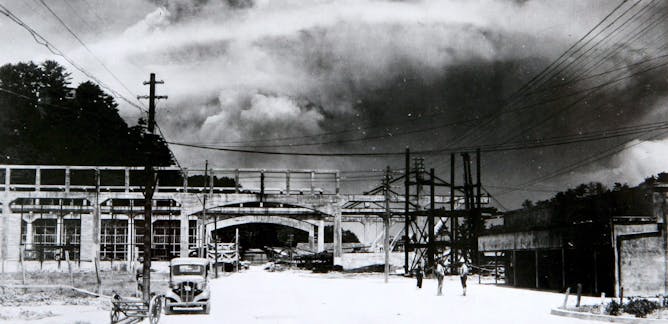
Benoît Pelopidas, Sciences Po – USPC; Fabrício M. Fialho, Sciences Po – USPC
With the risk of a nuclear conflict seeming higher than ever, how much do EU citizens really know about nuclear weapons and their use? A new survey provides striking answers.
| |

Asmiati Malik, Universitas Bakrie
Adopting an inclusive development approach to the well-being of Papuans is the best solution to solve Papuan problems.
|

Harrie Vredenburg, University of Calgary
Project Reconciliation is a direct response to one of the Truth and Reconciliation Commission's calls that Indigenous communities 'gain long-term sustainable benefits from economic development projects.'
| |

Carl James, York University, Canada
Decades of inadequate teaching material and resources to support Black students in Ontario means they are severely underserved by their schools.
|
|
|
| |
| |
| |
| |
| |
| |
|
|
|
|
|
|
|